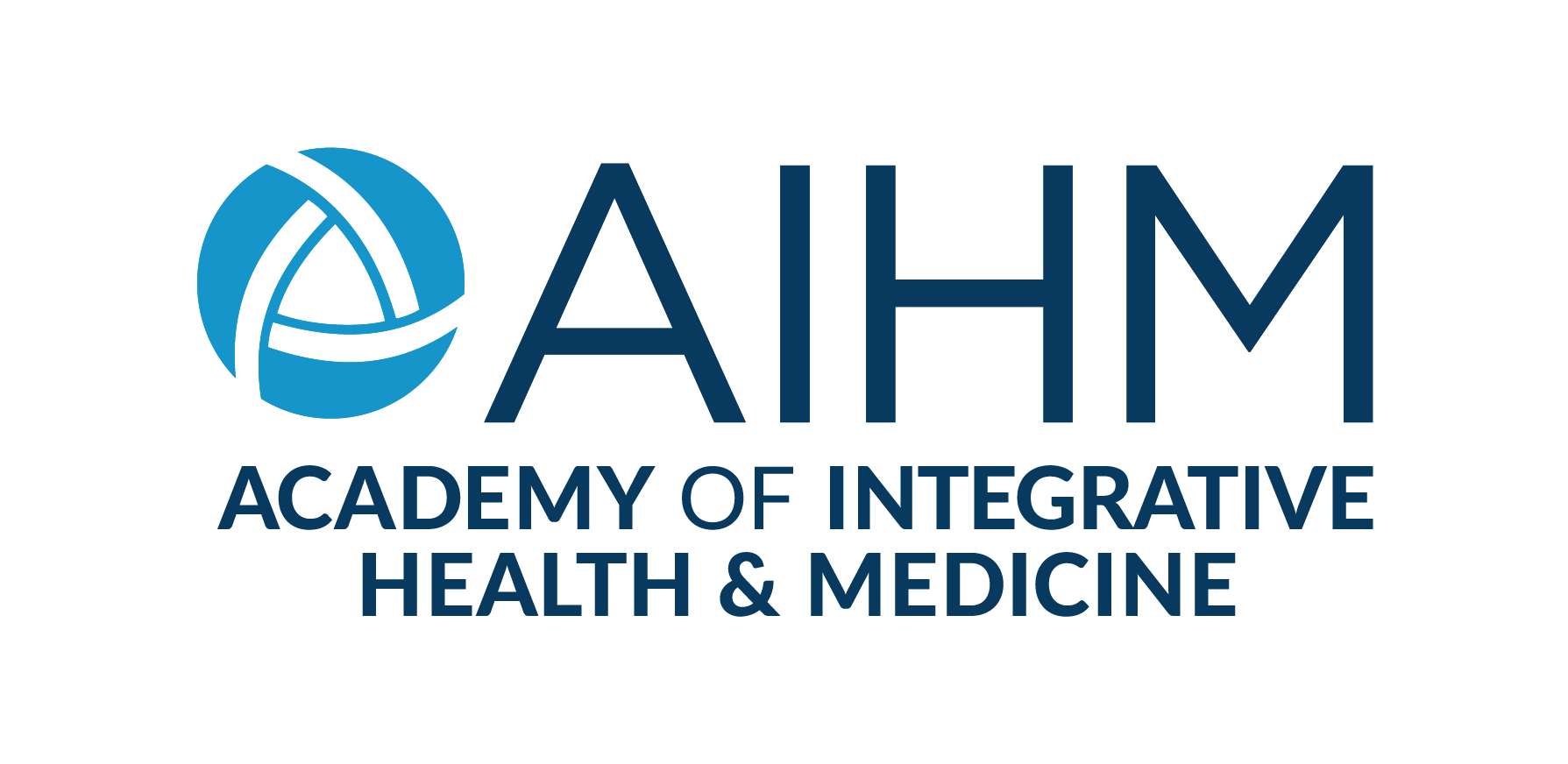Instruction and Courses
The integrative and whole health practice certificate program curriculum is facilitated 100% online in our learning platform enabling you to work from your home, office, or favorite Wi-Fi spot. This program is open for enrollment year round! Enroll and complete coursework at your leisure! We’ll stay in contact with you throughout the program to help stay on task. It consists of engaging content, reflections, exercises, quizzes, podcasts, video presentations, and discussions.
This program is split into 2 certificates, 150 hours each:
- Foundations of Integrative Whole Health Practice I
- Foundations of Integrative Whole Health Practice II
Program Learning Outcomes
- PLO1. Articulate an understanding of the principles, philosophies, and evidence-based practices in integrative and Whole Health, including the integration of conventional and complementary approaches to patient-centered care.
- PLO2. Develop skills to provide patient-centered care by utilizing personalized, integrative approaches that engage mind, body, spirit, and community to facilitate healing.
- PLO3. Apply an integrative and whole health approach to healthcare that includes multiple modalities, such as nutrition, mind-body techniques, botanical medicine, and lifestyle modifications, to promote health, prevent disease, and manage chronic conditions.
- PLO4. Demonstrate critical thinking skills and research literacy to apply evidence-based practices for diagnosing and treating patients safely and effectively using integrative and Whole Health approaches.
- PLO5. Foster effective communication and collaboration skills to work in interdisciplinary teams, effectively educate patients, and deliver integrated and coordinated care.
- PLO6. Apply self-care practices to foster resiliency and prevent clinician burnout.
Courses
| Foundations of Integrative & Whole Health Practice I | Foundations of Integrative & Whole Health Practice II |
|---|---|
FIWH 101: Introduction; Prevention & Wellness
|
FIWH 211: Prevention & Wellness II
|
FIWH 121: IM Tools for Clinical Practice I
|
FIWH 221: IM Tools for Clinical Practice II
|
FIWH 131: Common Conditions and Chronic Illnesses I
|
FIWH 231: Common Conditions and Chronic Illnesses III
|
FIWH 132: Common Conditions and Chronic Illnesses II
|
FIWH 232: Common Conditions and Chronic Illnesses IV
|
| FIWH 145: Final Exam | FIWH 245: Final Exam |



